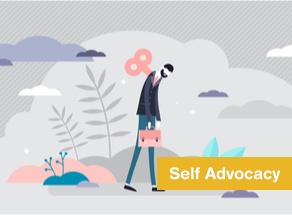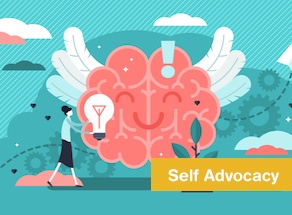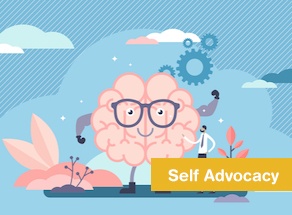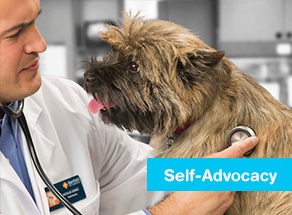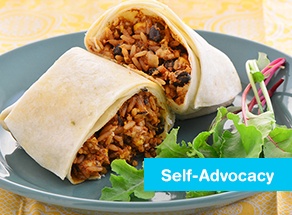Nutrition
Can Humana Pull Weight Watchers' Fat From The Fire?
12/06/2015 01:49pm | 7330 viewsHealth insurance giant Humana (HUM) and Weight Watchers International (WTW) have partnered to help employers improve worker wellness and battle the nation’s costly obesity epidemic.
Lifestyle
E-Cigarette Safety Called Into Question: Too Many Unknowns, No Regulation
21/05/2014 10:20am | 9038 viewsE-cigarettes seem to be everywhere these days. You’ve probably noticed Vapor stores popping up on street corners and in strip malls, advertisements and celebrity endorsements. While cities like L.A. have started banning e-cigarettes in workplaces and public spaces, it comes after explosive growth and popularity. Within three years of entering the marketplace in 2007, Bloomberg reports that e-cigarettes had grown to a $1.5 billion industry. Between 2010 and 2011, the market continued to escalate as the number of smokers trying e-cigarettes doubled, according to the CDC, from 10% to 21%.
Career Center
City of Hope Makes the Business Case for Hispanics in Health Care and Expands Its Initiatives for 2015
03/11/2015 04:14pm | 7157 viewsAfter recognizing the growing need for clinical professionals and research staff that more closely mirror the patients it serves in its primary service area, City of Hope took the lead to begin creating and reinforcing talent pipeline strategies for Hispanics in the health care and biomedical industries. With programs and events such as T.E.A.C.H. Project and its Diversity Health Care Career Expo proving highly successful (as featured in a previous article), City of Hope is now expanding upon these initiatives as well as developing additional ones in 2015.
Lifestyle
How Will Smartphones Will Soon Change How You Manage Your Health
12/08/2015 02:04pm | 7228 viewsDo you have a smart phone?
Chances are, it will very soon become essential in better managing your healthcare and ensuring better health outcomes. Looking back in recent history, smartphones have transformed humanity in a remarkable manner. With now more than 5 billion mobile phone connections and almost 2 billion smartphone users (approximately 70% of the world’s population) around the world, we have become an interconnected, mobile, smart society. In the United States, statistics show that approximately 90% of adults own a cellular telephone, 55% posses a smartphone and 50% regularly download apps.
Finance & Family
Everyday Ideas to Move More
20/05/2015 10:07am | 7423 viewsBy The National Diabetes Education Program
